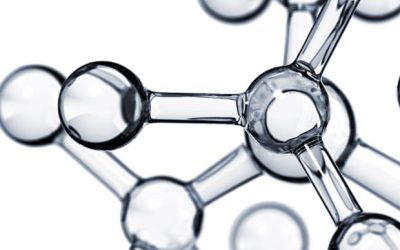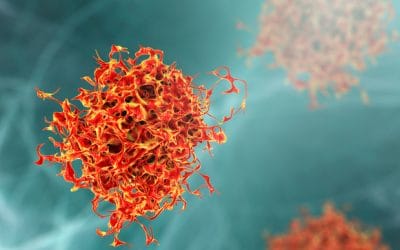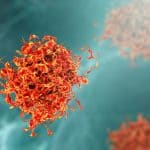Researchers from University College London (UCL) have invented and tested innovative carbon beads that could help restore a healthy gut microbiome as well as reduce the progression of liver disease.
The study, published in Gut and funded via the EU’s Horizon 2020 research and innovation programme, demonstrated that the CARBALIVE beads had a positive impact on gut health, liver, kidney and brain function in animal models.
Estimated to affect around 100 million people worldwide, liver cirrhosis is caused by long-term liver damage, including alcohol, liver infections such as hepatitis B or C and obesity.
In collaboration with Yaqrit, a UCL spinout, UCL researchers developed small oral carbon beads with a microscopic physical structure to absorb both large and small molecules in the gut.
The “carbon beads… are swallowed and passed through the body unaltered” and “work by absorbing the endotoxins and other metabolites produced by ‘bad’ bacteria in the gut, creating a better environment for the good bacteria to flourish and helping to restore microbiome health,” explained Michal Kowalski, vice president and CARBALIVE product lead, Yagrit.
In rats and mice, the beads were found to be effective in preventing the progression of liver fibrosis and injury in animals with cirrhosis after ingesting them every day for several weeks and reducing mortality in animals with acute-on-chronic liver failure (ACLF).
Researchers then tested CARBALIVE on 28 human cirrhosis patients, which proved to be safe with minimal side effects.
The team plans to evaluate the efficacy of the carbon beads in humans in further trials. If successful, they could become an important tool for treating liver disease as well as other conditions associated with poor microbiome health, including irritable bowel syndrome.
Rajiv Jalan, professor of hepatology, UCL and consultant, Royal Free Hospital, said: “I have high hopes that the positive impact of these carbon beads in animal models will be seen in humans… [and] approved to help treat liver disease and other conditions within the next few years.”










